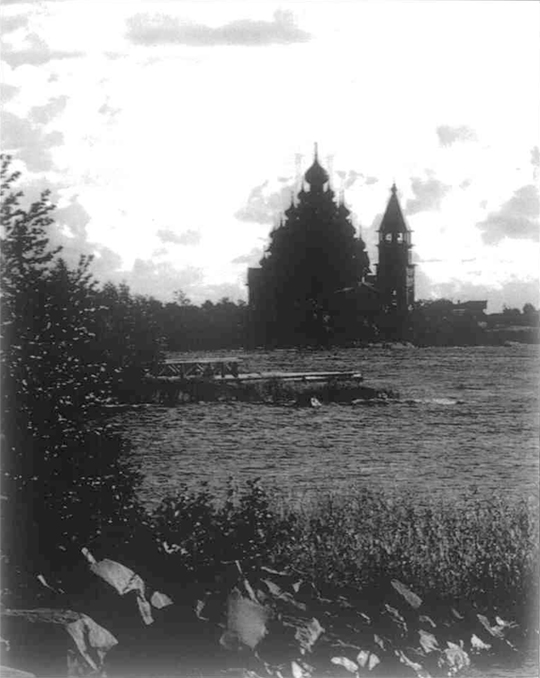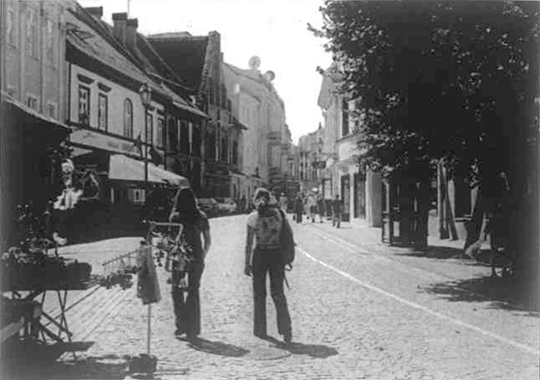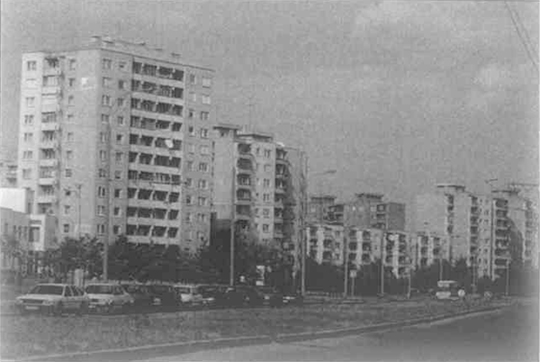Baltic health and European cooperation
Michael 2004; 1: 363.
This issue of Michael looks east. It has a focus on health conditions in the region around the Baltic Sea. Here, in many countries major changes have taken place in the life of the populations since the collapse of the Soviet Union. A political and economic turmoil followed the breakdown in nearly all fields of the former Soviet society.
The process also exerted a profound effect on health and health conditions. Changes to the better simply had to take place rather swiftly. For some of the countries, joining the European Union on May 1, 2004 became a breakthrough and a preliminary goal in the efforts to achieve Western living standards.
However, at the same time the waves of neo-liberalism which have flooded Europe during the last decades, also have put strain on traditional public health and welfare state thinking. This concurrent development has been a concern in countries on both sides of the previous iron curtain.
In the Baltic region the differences as such perhaps have been a special challenge. Especially noteworthy among medical issues are the differences in perception and approach for diseases which become a more general threat when the region opens up. Free travel and easy contacts over the borders give new dimensions to handling of e.g. the communicable diseases. The practical strategy in preventing and treating infections, as well as the general attitudes towards communicable disease have to be harmonized.
The articles in this number of Michael take up these problems, e.g. by describing the activities within the comprehensive multinational Task Force project, which was designed to curb the infectious diseases in the Baltic region, but also to enhance multilateral cooperation as such on the political level.
Michael also covers the twelfth annual EUPHA conference in Oslo. This meeting of the European Public Health Association confirmed that European collaboration in the public health field has a blooming for the time being. Perhaps this is one of the consequences of a general internationalisation. But more likely it is a response to the growing necessity for cooperation in health matters.

A landscape in the East: Beautiful, but with disease and social problems as a shadow. (From the Kishi islands in Lake Onega, Republic of Karelia, Russia.) (Photo: Ø. Larsen 2003)

City structure from the past in downtown Vilnius, Lithuania. (Photo: Ø. Larsen 2002)

Soviet style housing area, Kaunas, Lithuania. (Photo: Ø. Larsen 2002)
